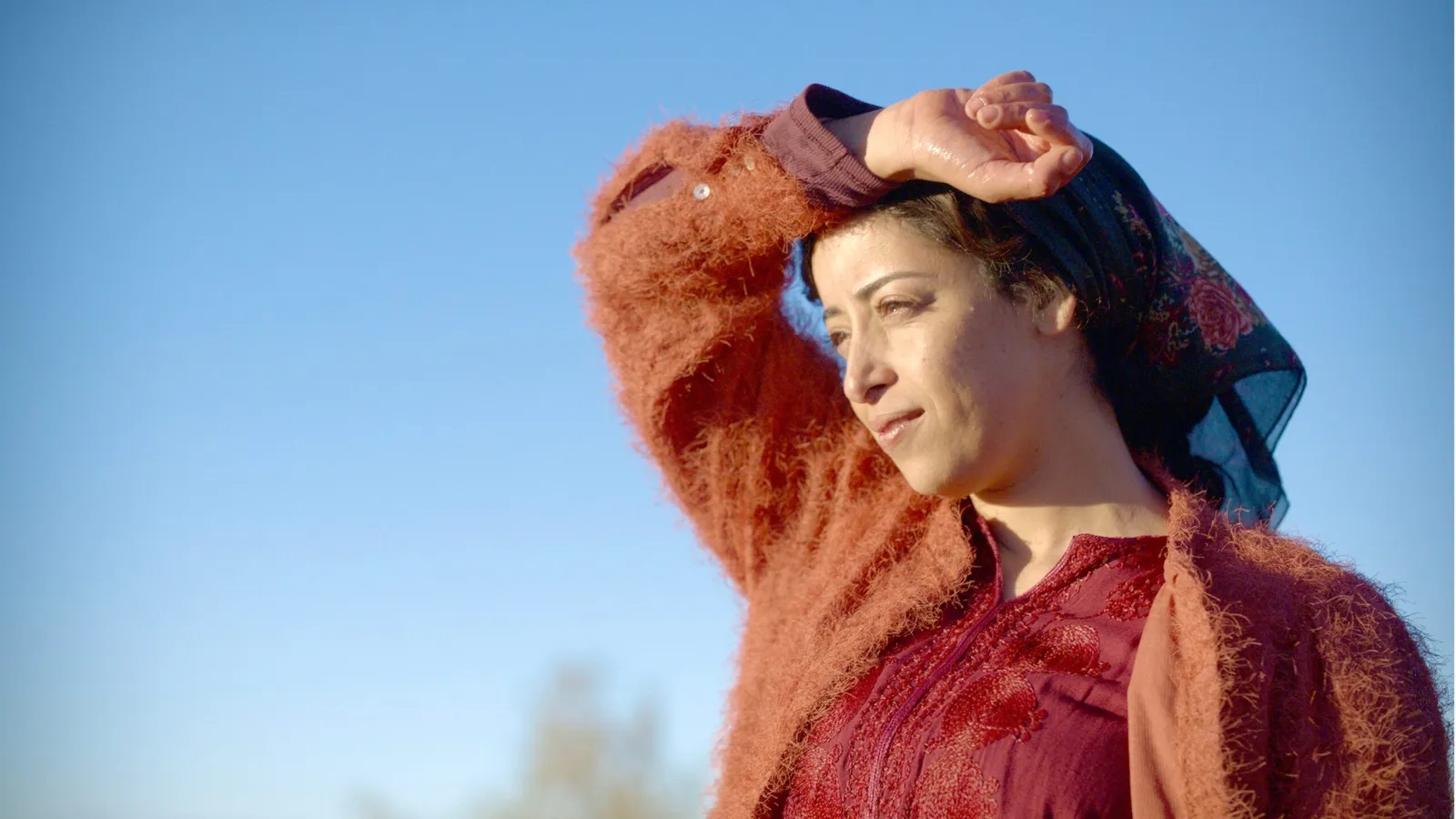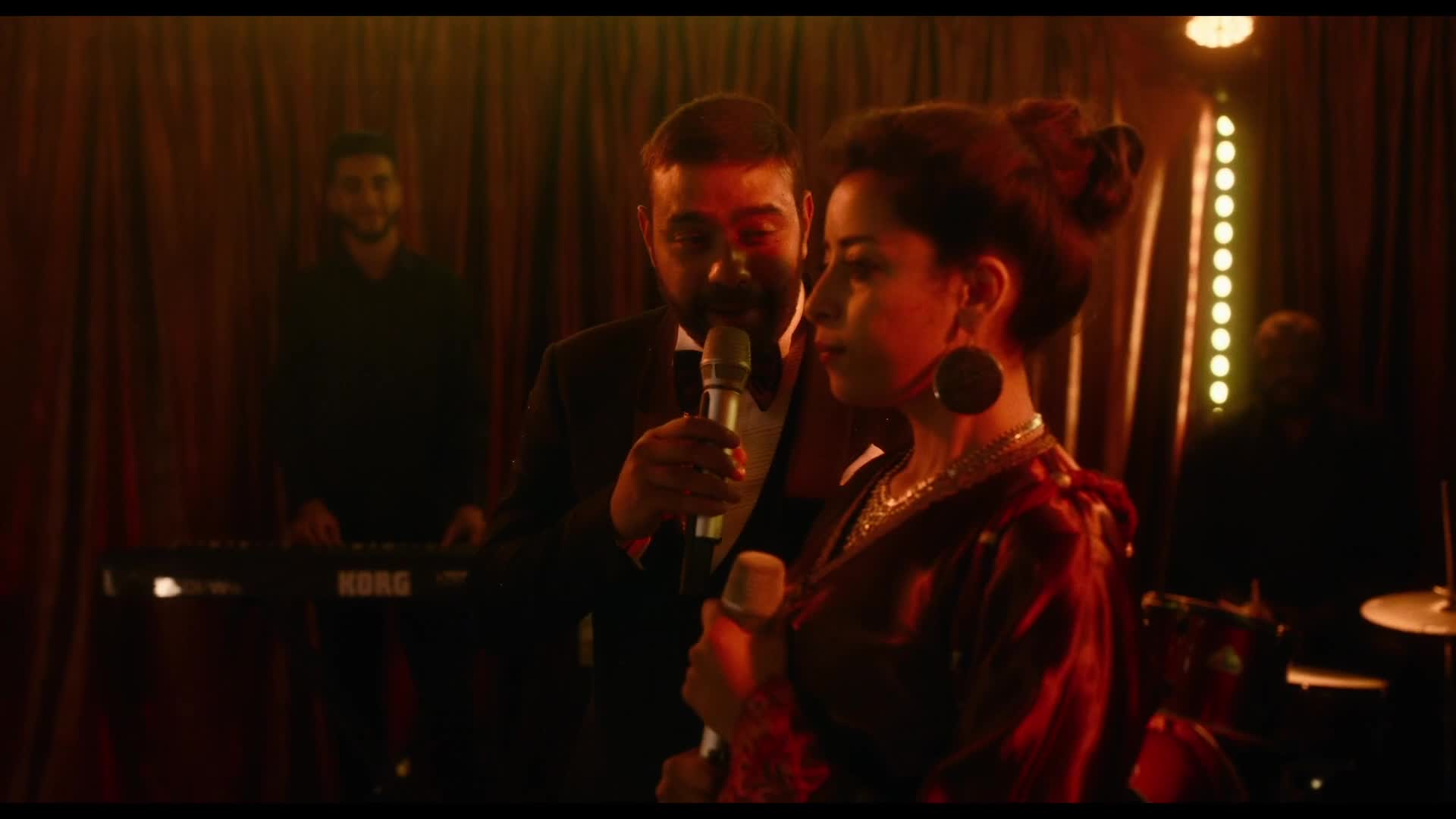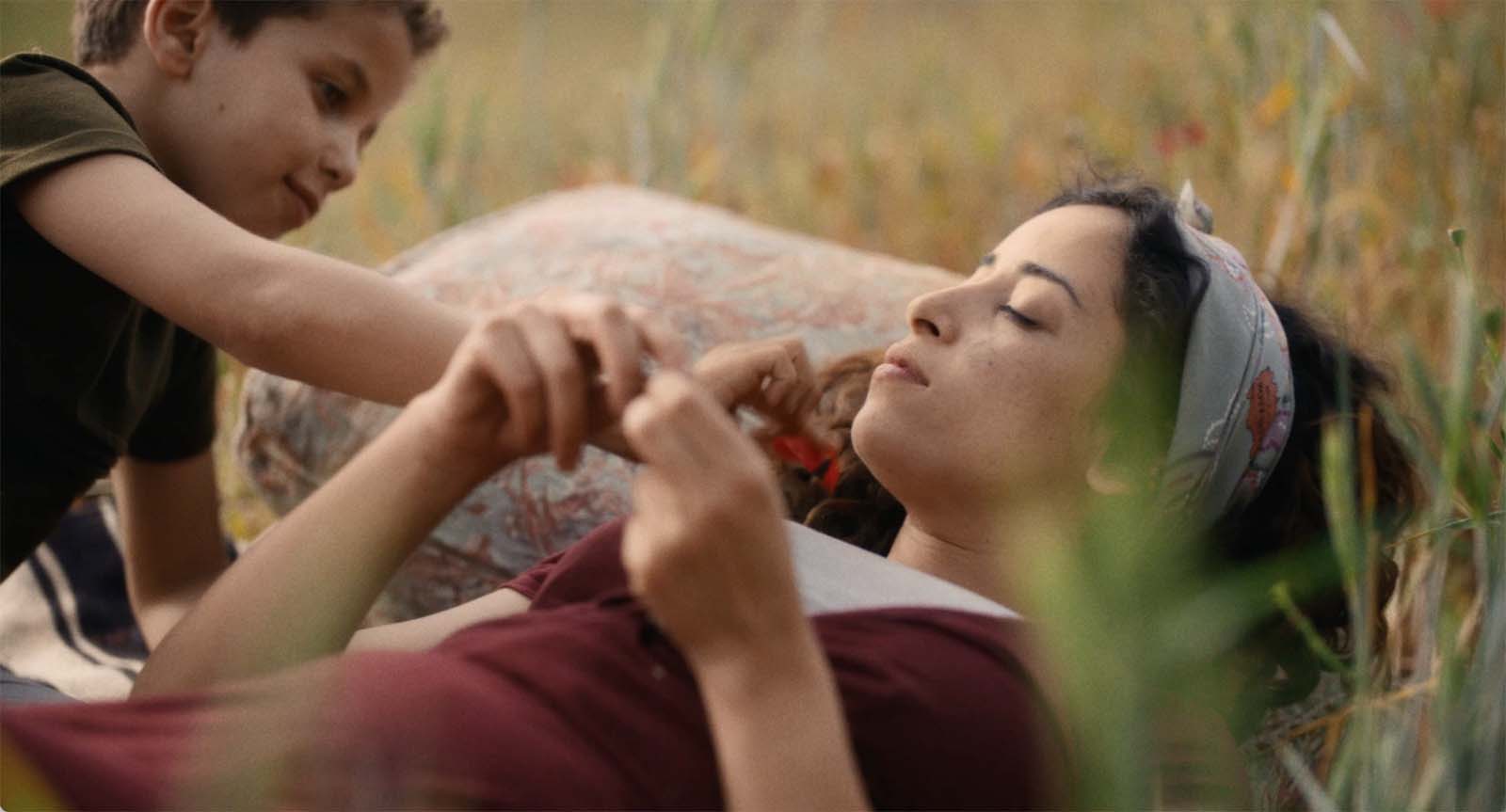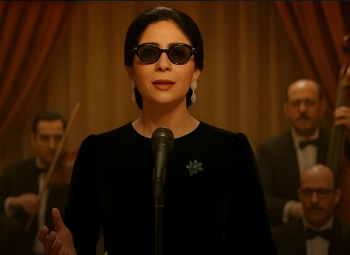Everybody Loves Touda may initially suggest a lighthearted comedy, but Moroccan filmmaker Nabil Ayouch's latest work defies such expectations. Premiering out of competition at Cannes, this film delves deeply into the life of its titular character, a woman from rural Morocco who harbours dreams of becoming a traditional singer known as a Sheikha. Rather than exploring whimsical hijinks, Ayouch crafts a profound character study that examines the complexities of desire, identity, and resilience.
A Journey of Self-Discovery

At the heart of this narrative is Touda, portrayed with remarkable intensity by Nisrin Erradi. As she navigates the challenges of her environment, the film highlights her aspiration to rise as a celebrated singer while revealing the harsh realities she faces. The contrast between her yearning for love and acceptance in her art and the often painful attention she receives from others forms a central theme of the story. With this exploration, Ayouch invites viewers to witness not just Touda's musical journey but the broader societal issues that shape her existence.
Through a blend of music, emotion, and stark reality, Everybody Loves Touda serves as an intimate portrait of a woman's struggle and a commentary on the forces that both uplift and oppress. As the film unfolds, audiences are taken on a compelling journey that challenges the conventional perceptions of love and ambition.
Societal Commentary

The film does more than merely tell a personal story; it mirrors Moroccan society, highlighting the challenges women face in a traditional landscape. The film raises critical questions about gender roles and the power dynamics at play in both personal and public spheres. Touda's journey is emblematic of a broader struggle for autonomy and recognition among women in Morocco, making her story resonate on multiple levels.
Ayouch's direction captures the vibrant yet harsh realities of rural life in Morocco, offering a visceral depiction of the environment that shapes Touda's character. The cinematography juxtaposes the beauty of the landscape with the starkness of her challenges, enhancing the film's emotional impact. This visual storytelling is complemented by Erradi's compelling performance, which conveys a raw vulnerability that makes Touda's struggles all the more relatable and poignant.
Themes of Empowerment

At its core, Everybody Loves Touda is a reflection of resilience. Despite the obstacles she faces, Touda's unwavering determination to pursue her passion shines through. Her journey is not just about seeking fame or love but about asserting her identity and claiming her space in a world that often seeks to silence her. This theme of empowerment resonates with many viewers, particularly women who find themselves in similar circumstances.
As the film progresses, Touda's transformation becomes evident. The moments of despair are counterbalanced by glimmers of hope and triumph, showcasing her growth as both an artist and an individual. Ayouch ensures that while the struggles are palpable, the narrative ultimately conveys a sense of empowerment, one that inspires audiences to reflect on their own aspirations and the barriers they might face.
Final Verdict

Everybody Loves Touda is more than just a film; it explores the human spirit in the face of adversity. Through the lens of Touda's life, Ayouch invites us to reconsider our perceptions of love, ambition, and identity. The film's blend of emotional depth, cultural commentary, and musical richness makes it a powerful addition to contemporary Moroccan cinema.
As audiences leave the theatre, they are left not only with the echoes of Touda's songs but also with a renewed understanding of the complexities of women's experiences in the pursuit of their dreams.







